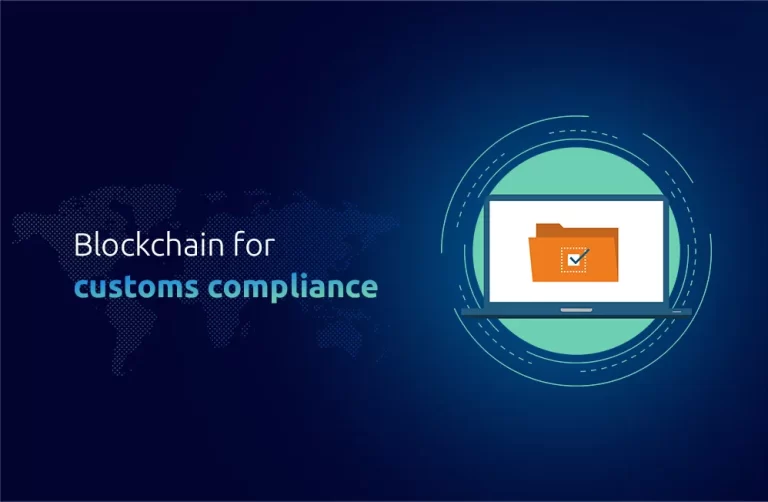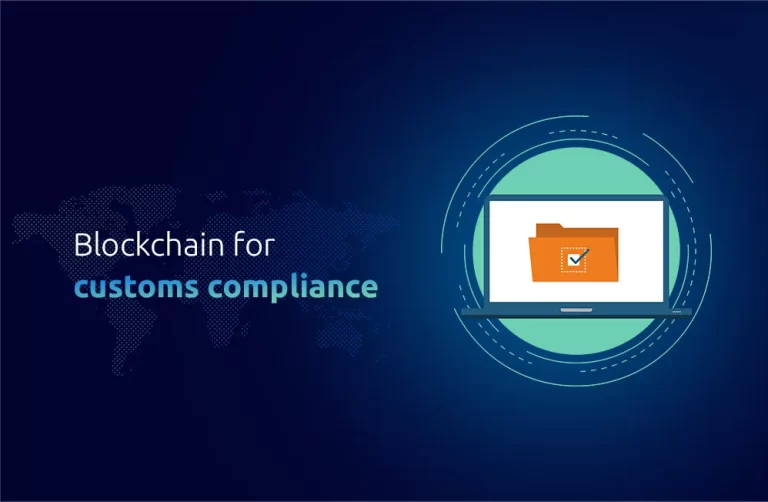Why customers choose DDP service in Qatar
In Qatar, businesses sometimes prefer using DDP (Delivery Duty Paid) services due to their simplicity and efficiency it provides. DDP simplifies the shipping process by encouraging the buyer of responsibilities like customs clearance, taxes, and fees, as the seller takes full responsibility for the shipment. This approach increases transparency, as customers are provided with a clear, all-inclusive cost that accounts for shipping, duties, and taxes which helps them avoid any unexpected charges. The faster delivery of goods is another advantage, as customs clearance is quickened when the seller handles all duties. Additionally, DDP services provide significant simplicity for the buyer, who can focus on receiving the goods without guiding complex import procedures. The Generalized System of Preferences (GSP) further aids businesses by reducing tariffs and promoting access to international markets, benefiting industries like tech, medical, automotive, and aviation. These industries, which rely on precise import-export processes, utilize key elements such as HS codes and HTS codes for efficient customs management. Also, understanding Incoterms is crucial in confirming that the rights and understanding of both parties are clear, making DDP a preferred choice for companies in these sectors looking to smooth their supply chain and expand globally.
The Step-by-Step Process of DDP Shipments in Qatar
DDP (Delivery Duty Paid) term, for the buyer to place an order with the seller, agreeing that the seller will manage all shipping conditions, customs duties, and taxes. The seller calculates the necessary costs including Harmonized Tariff Schedule (HTS) codes for customs classification. The goods are shipped to Qatar, with all required documentation, such as the Harmonized System (HS) Code for each product, ensuring proper classification. The seller then handles the customs clearance process at Qatari ports, paying all HTS tariffs, customs duties, and taxes on behalf of the buyer, who is not expected to incur any additional charges. After customs clearance, the goods are delivered to the buyer’s location in Qatar, completing the transaction. This process is smooth through Incoterms, which overviews the responsibilities of both parties in the shipping and delivery process. One Union Solutions also offers ongoing customer service and post-delivery support, ensuring a seamless transaction. This approach is particularly relevant for industries such as technology, medicine, automotive, and aviation, where efficient customs clearance and accurate HS code classification are crucial for compliance with regulations like the Generalized System of Preferences. These industries rely on precise documentation and the correct tariff application to ensure smooth international trade and delivery of complex products.
Conclusion:
DDP (Delivery Duty Paid) services are growing in Qatar because they are easy and Uncomplicated. The seller is only responsible for logistics, customs fees, and taxes, making the process easier for buyers. Qatar’s important location and efficient infrastructure assist fast customs clearance and timely delivery, benefiting businesses such as technology, medical, automobiles, and aviation. Businesses can simplify their global trade processes and supply chains by adopting tools such as HS Codes, HTS Codes, and Incoterms, thereby increasing Qatar’s participation in international trade.
DID YOU KNOW?
Toyota was Qatar’s best-selling automobile brand in 2023, accounting for about 31.6 percent of new car sales. It was followed by Nissan, which had a market share of 7.8 percent.








